Why Legal Aid
Legal aid is one of the most cost effective ways to reduce poverty in America.
In California, there is one attorney for every 235 middle and high-income people.
But for low-income people?
One attorney for every 8,300 people.¹
This discrepancy is a huge problem because on average, low-income people have
2 to 3 legal problems
per year
And because of the lack of funding and policy protections, 80% of low-income people aren’t getting the help they need.²
According to the World Justice Project, the US ranks 99th in the world for access to civil justice. Every country on this map in bright blue is ranked higher than the U.S.³

And these aren’t just statistics. These are friends, neighbors, and coworkers with serious, life altering problems who are unable to get help.

Claudia almost lost everything
After years of abuse at the hand of her husband, Claudia was ready to leave. That’s when, in retaliation, he called the police on her. Claudia was arrested and spent a week in jail. When she was released, she was unable to enter her home or see her children. She tried to find help, and was turned away multiple times. She was ready to give up.
Then one afternoon, everything changed. Watch Claudia’s story.
Legal help can dramatically reduce poverty
Tackling the root causes
Unresolved legal problems often lead to homelessness, job loss, wage theft, health problems, and more. If we address the root of these issues before they escalate, we can dramatically reduce poverty and help thousands of struggling families live stable, joyful, and dignified lives.

